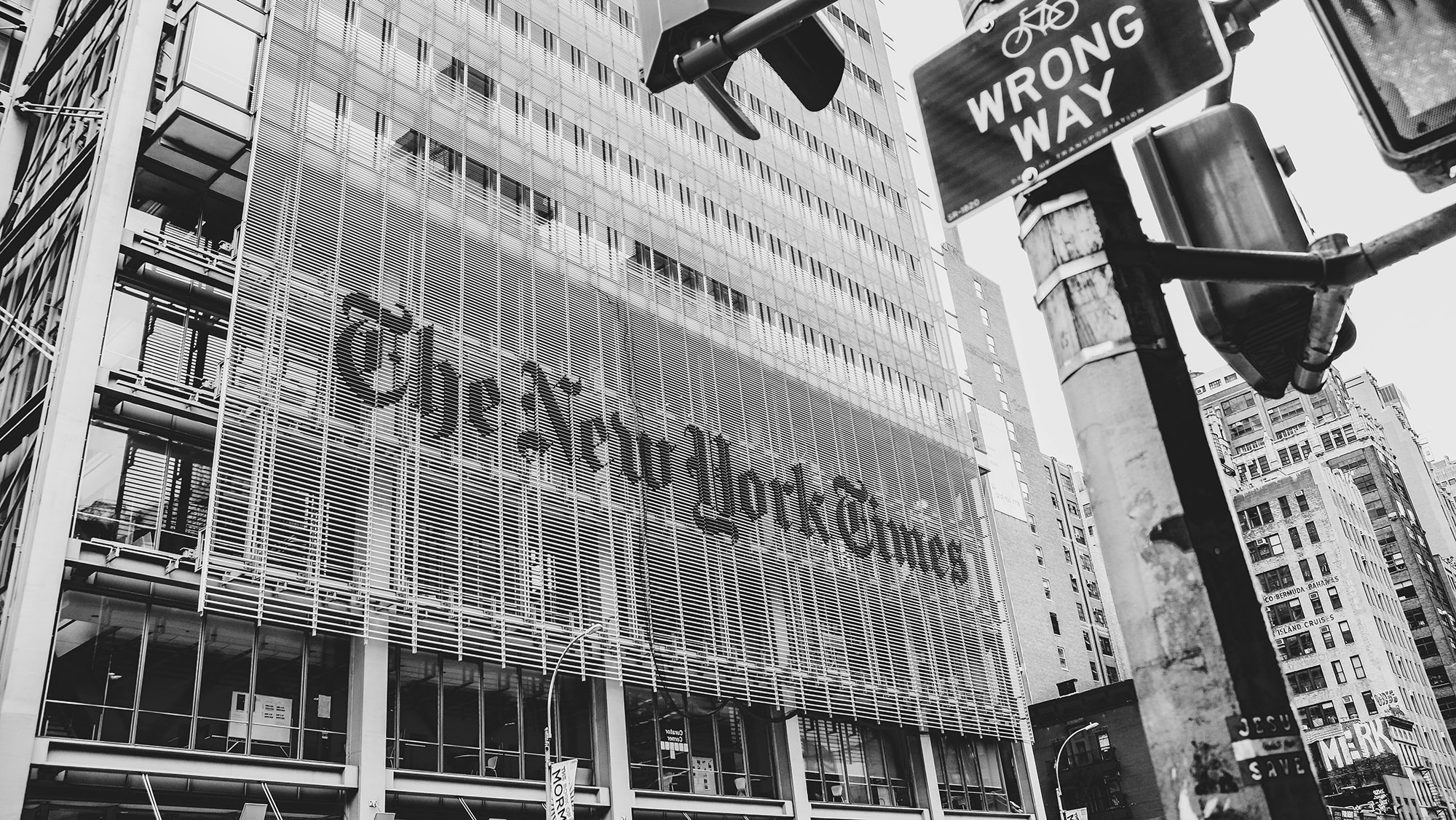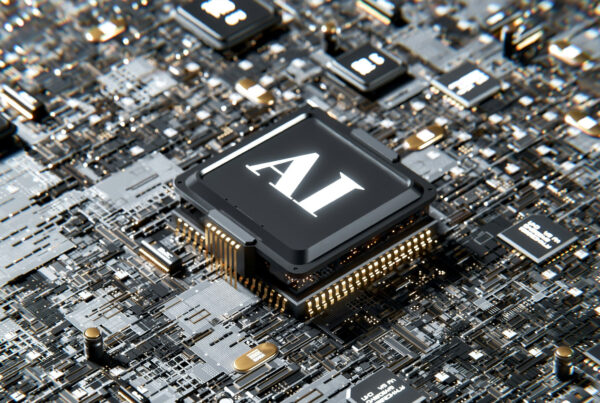The New York Times Challenges OpenAI and Microsoft Over the Use of its Content to Train AI ChatBots
The New York Times has sued OpenAI and Microsoft in the U.S. District Court for the Southern District of New York for copyright infringement. OpenAI is a leading developer of Artificial Intelligence (“AI”) technology that is responsible for developing the popular AI-powered chatbot ChatGPT. OpenAI, Microsoft, and other generative AI platforms use preexisting online content, including online newspaper articles, to “train” their chatbots on their responses to users. The Times is alleging that articles it published were used by OpenAI to train its chatbots which amounts to copyright infringement, and that consumers will turn to ChatGPT responses rather than visit their site or purchase subscriptions. It is also asserting that OpenAI and Microsoft are diluting its trademarks, since the chatbots have produced outputs that contain fake, incorrect, and low-quality articles falsely attributed to the Times and using the Times’ trademarks.
If the court finds that using copyrighted works to train AI chatbots without permission of the copyright owner constitutes infringement, it will have major ramifications for OpenAI, Microsoft and other AI products and companies. OpenAI has previously stated that it is impossible to develop AI chatbots without training them with copyrighted works as a whole due to the vast amount of expressions protected by copyright. A finding for the Times would force many of the major players in the AI market to rework their technologies and also negotiate licensing agreements with copyright holders. These licensing agreements would allow publishers to demand compensation for these uses, potentially balancing out the concerns over loss of revenue from decreased subscriptions and web traffic. On the other hand, this would make developing and operating an AI chatbot more expensive, which may jeopardize the accessibility of services such as ChatGPT, an aspect that set OpenAI apart from other AI-based developers in the first place.
This case will have a significant impact on the publishing industry and the development of artificial intelligence, regardless of the result. Findings in favor of the Times could grind artificial intelligence companies to a halt and require a reworking of the most popular and accessible programs. Alternatively, if the courts find for OpenAI and Microsoft, it will lead to a significant denigration of copyright holders’ rights against these emergent technology companies. Regardless of the outcome, this case (or a similar one) may make its way to the Supreme Court, before all is said and done.





